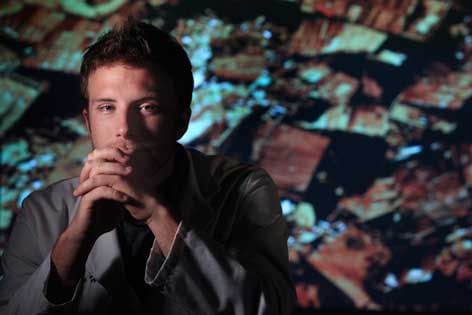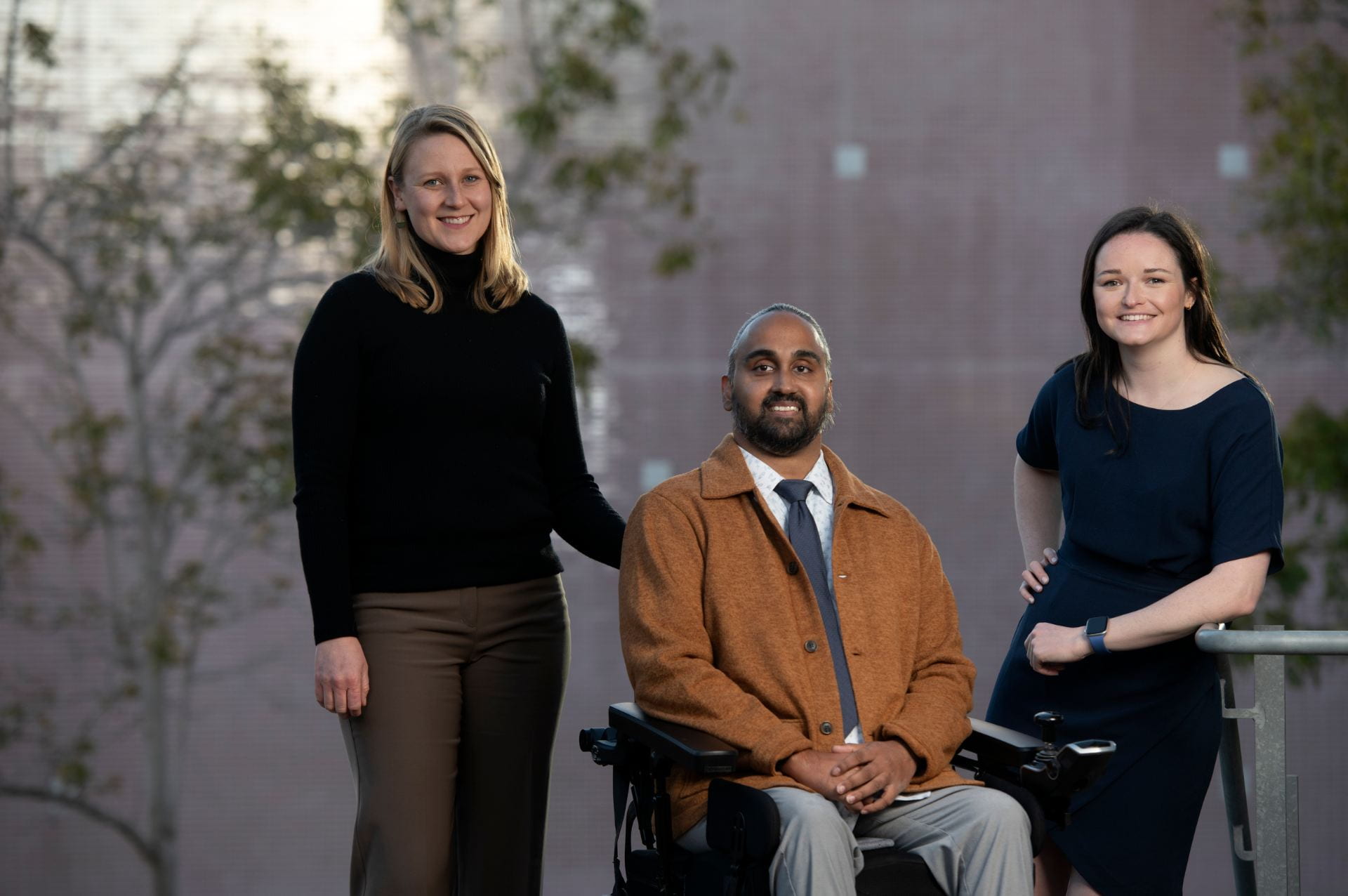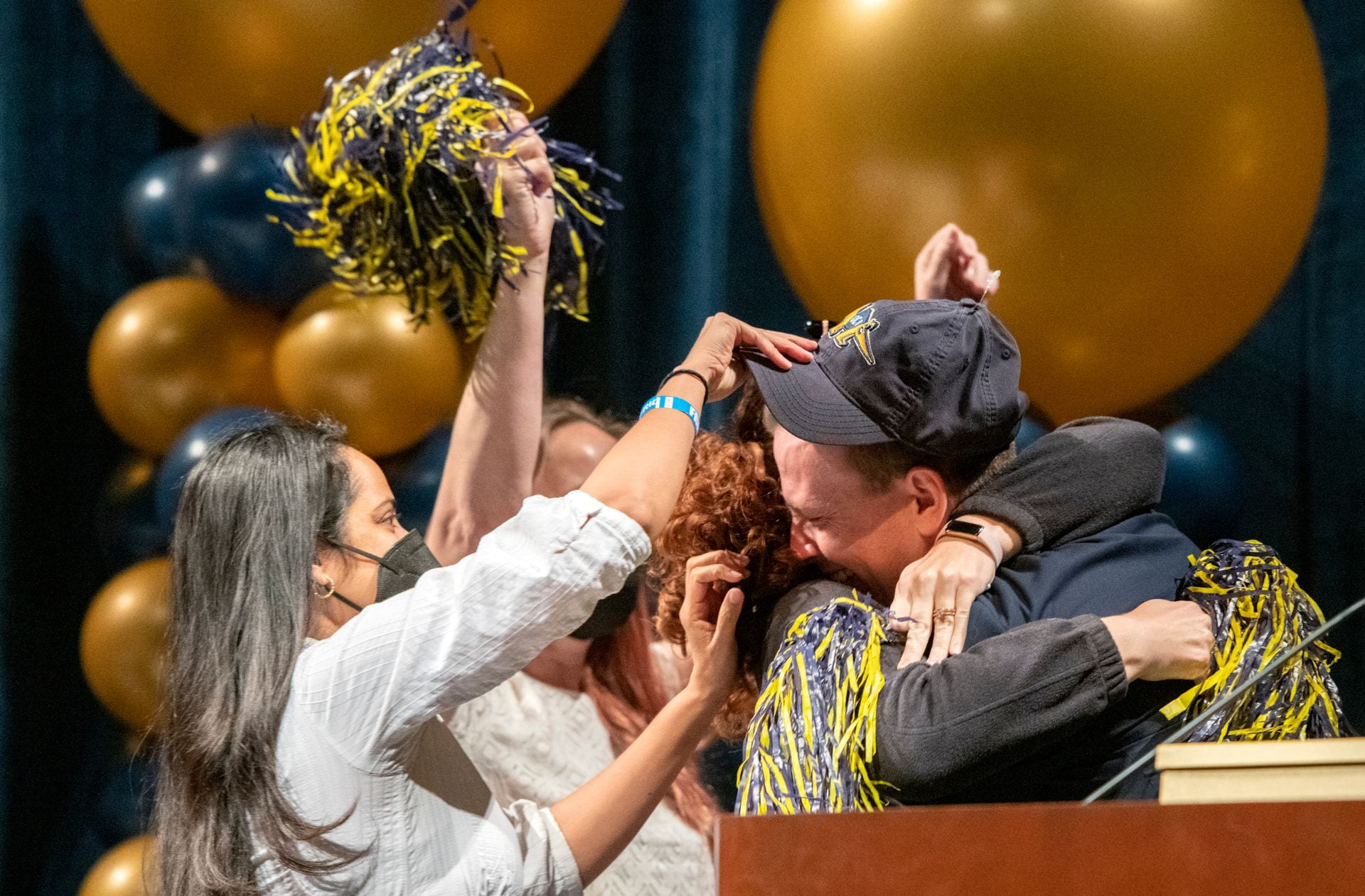International man of medicine
For PRIME-LC student Tommy Hand, healthcare is a platform for advocacy of global human rights.

For Tommy Hand, the phrase “think globally, act locally” is only half true. He wants to make a difference worldwide.
Since his high school days in Sacramento, the first-year UC Irvine medical student has been an exchange student in Costa Rica; spent a college semester abroad in Spain, where he volunteered in a Toledo hospital; served as a Spanish-language HIV/AIDS educator for the San Francisco AIDS Foundation; taught English to immigrant children in Pomona; and been a healthcare social worker in New York City’s Spanish Harlem.
Along the way, Hand, 25, discovered that medical professionals – with their specialized skills, ethical duties, credible voices and access to vulnerable populations – are in a unique position to monitor, defend and support human rights.
“Working in Spanish Harlem convinced me that I’m going down the right road,” he says. “I was representing Puerto Rican and Dominican clients with health and insurance issues, and I saw them being treated like dirt. And that’s not OK.”
To broaden his activist commitment, Hand founded the UCI chapter of Physicians for Human Rights, a Nobel Peace Prize-winning organization that mobilizes those in the medical field to fight human rights abuses around the globe while working to promote health and justice.
So far, the group has about 20 active members, he says. In January, it hosted “Flex Your Muscles for Haiti,” a student arm-wrestling competition that raised $3,000 for earthquake relief. The chapter also plans to host speakers and documentaries on the connection between healthcare and human rights.
Hand is enrolled in UCI’s Program in Medical Education for the Latino Community, which is intended to produce culturally sensitive and medically competent physician-leaders who can address the distinctive healthcare issues facing Latinos.
“When I applied for medical school, PRIME-LC stood out,” he says. “This program represents everything I want to do. It’s energizing to be around so many people who share the same values and goals.”
While studying medicine at UCI, Hand hopes to take one semester off to join humanitarian efforts in areas of the world victimized by natural disaster or a public health crisis, and he’ll be doing a clinical rotation with PRIME-LC classmates in Mexico during his fourth year.
As for the future, “I’d like to spend nine months of the year working for an organization like Doctors Without Borders and helping people who have survived war crimes, mass migrations, genocide, torture or oppression,” Hand says. “Human rights has always been a hot-button topic with my family and has driven a lot of choices I’ve made.
“I believe healthcare is a human right, and for many people, having access to it is a life-and-death issue. Hopefully, I can make a difference for them.”


